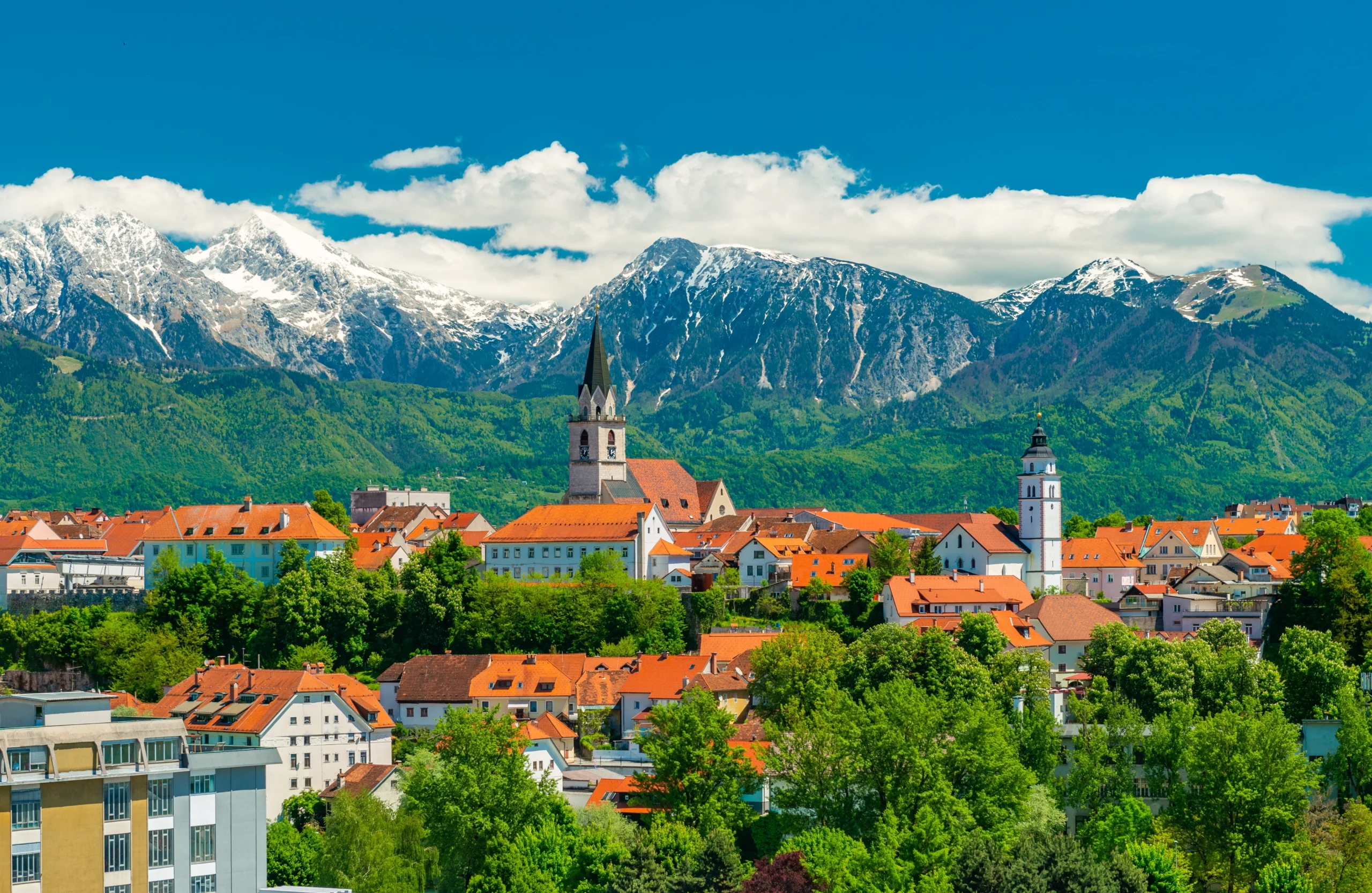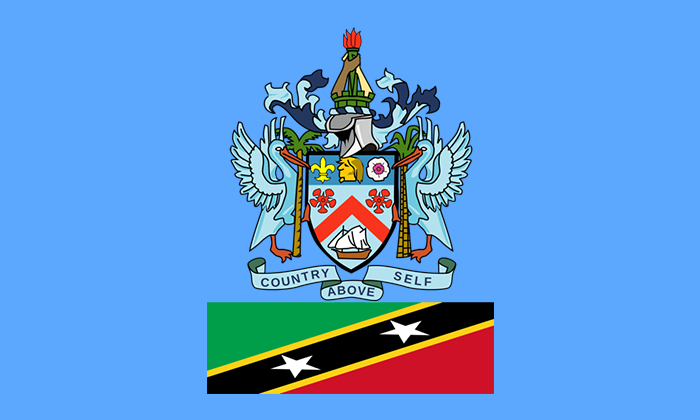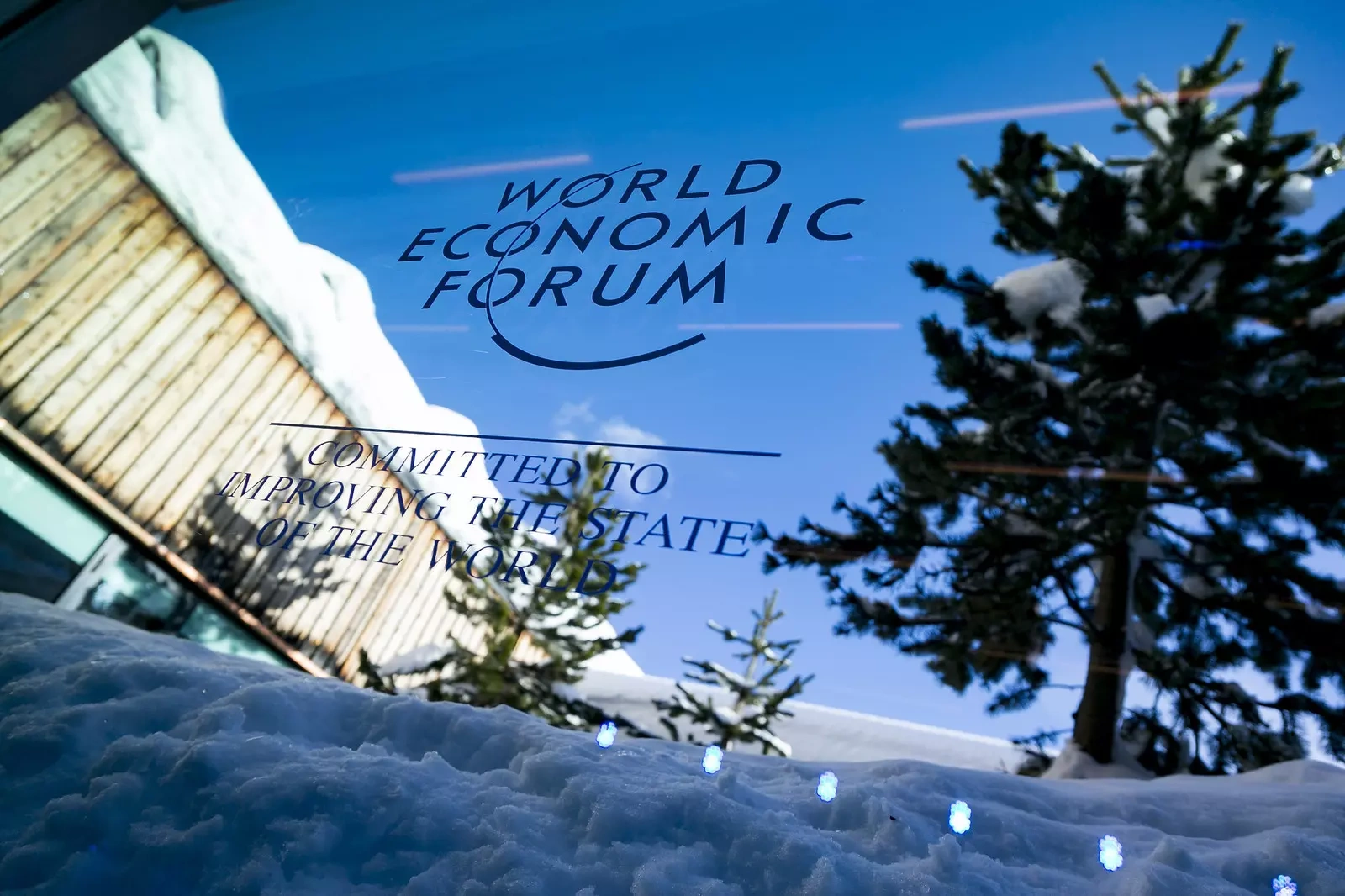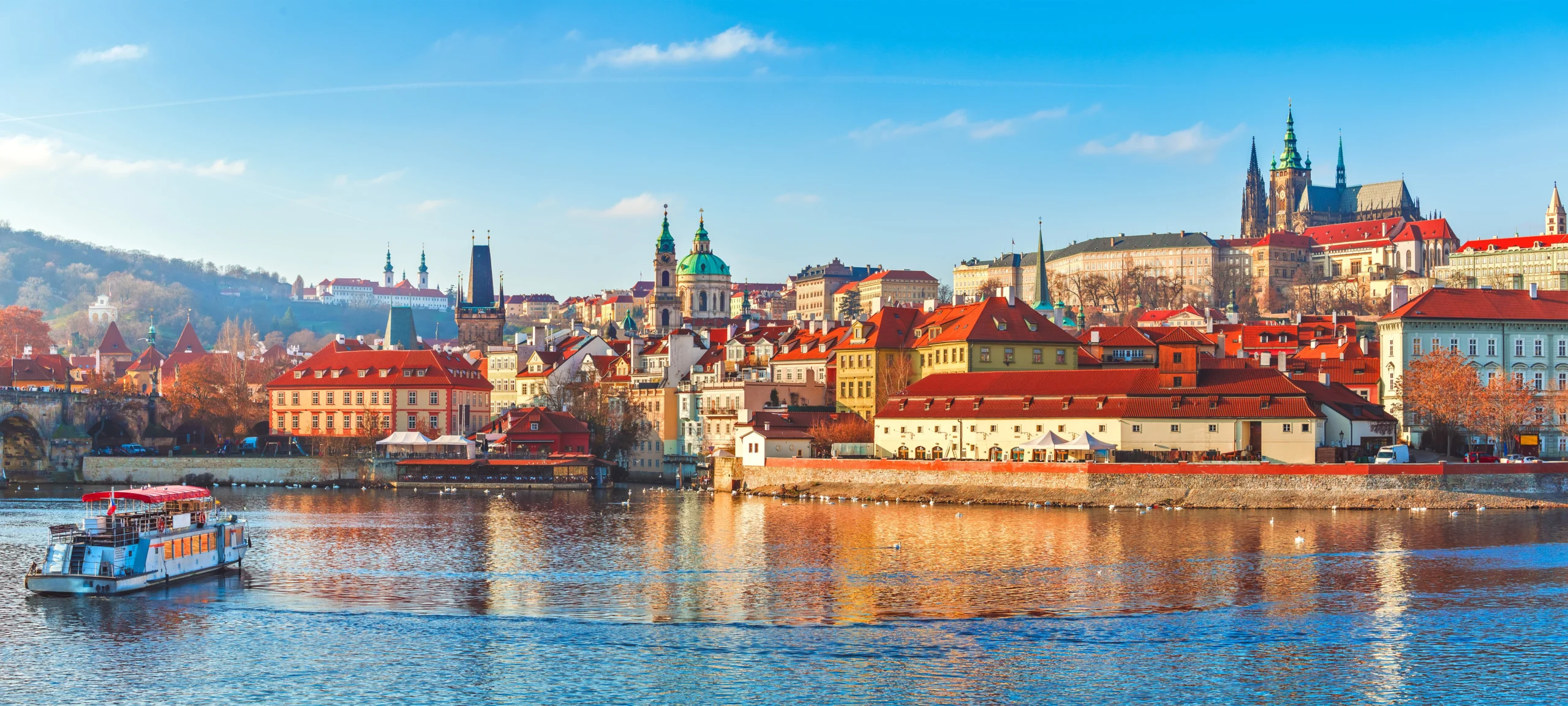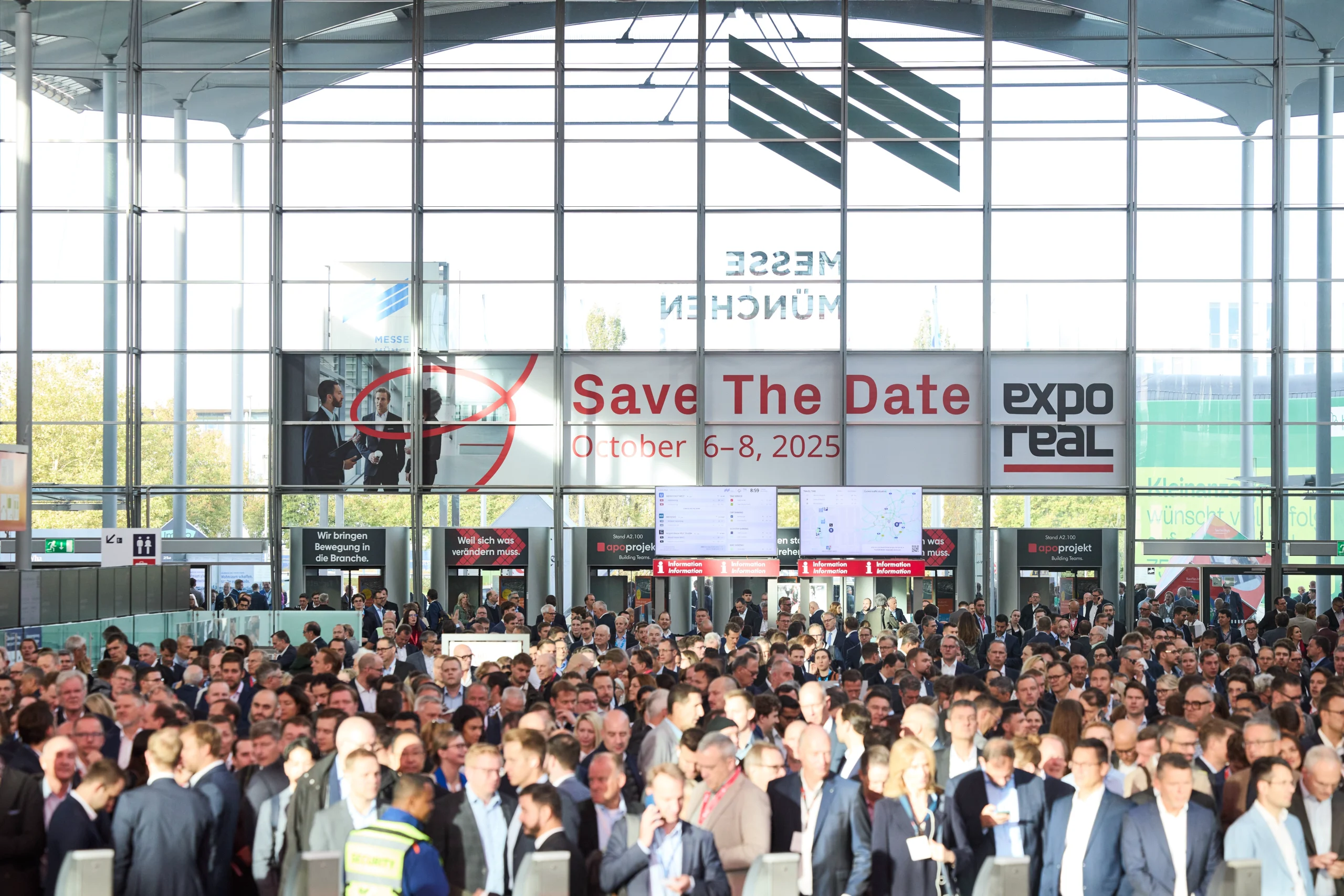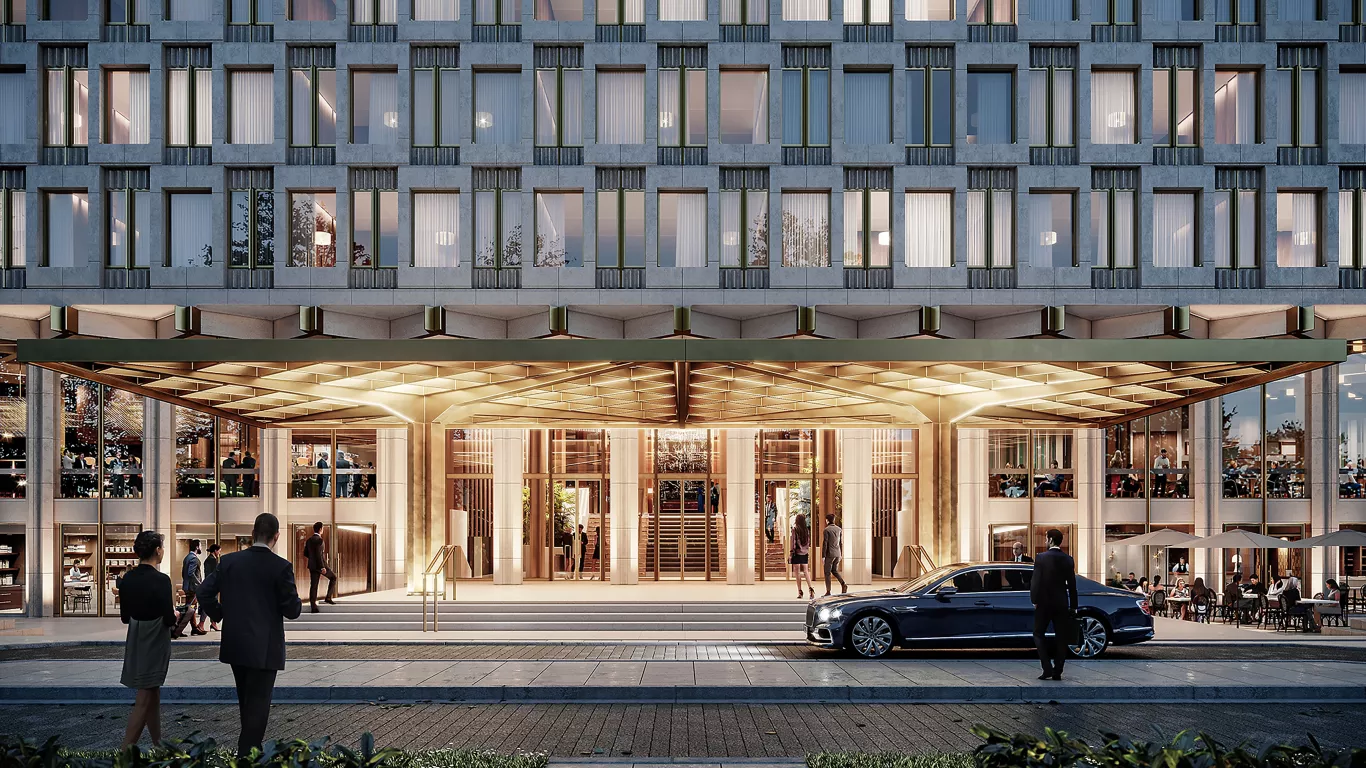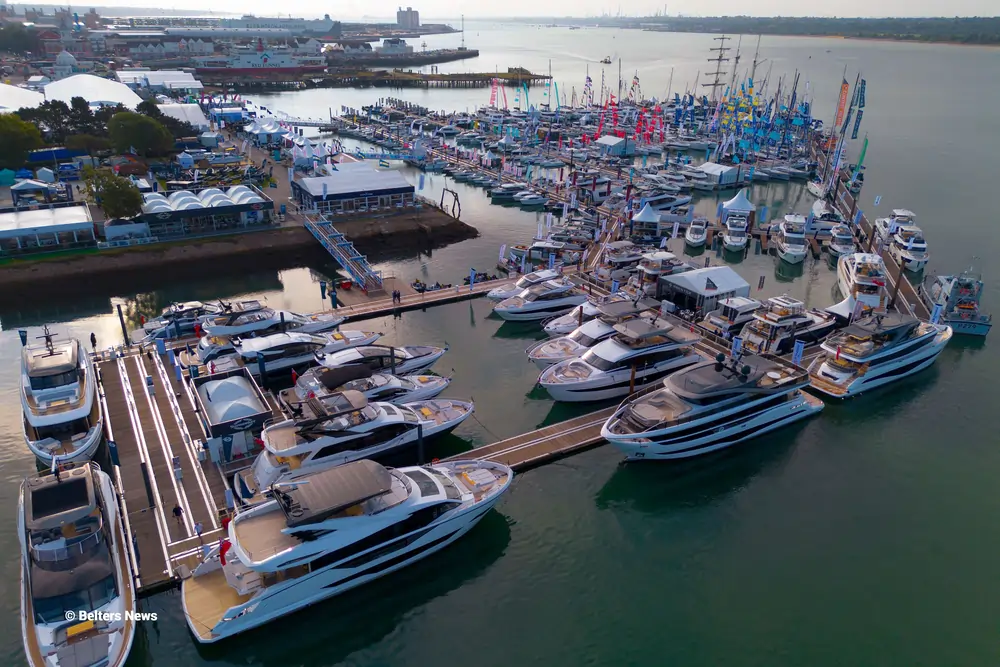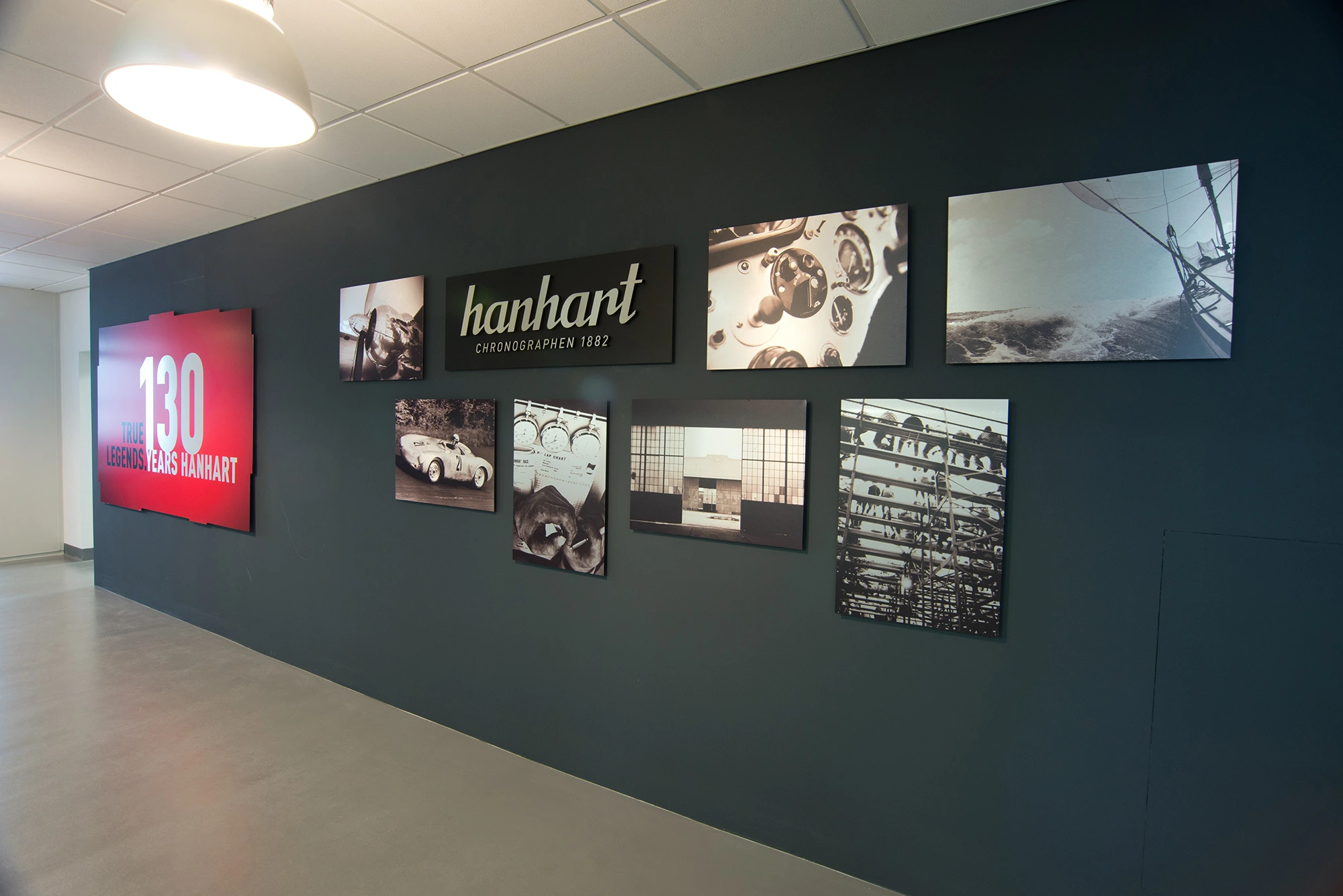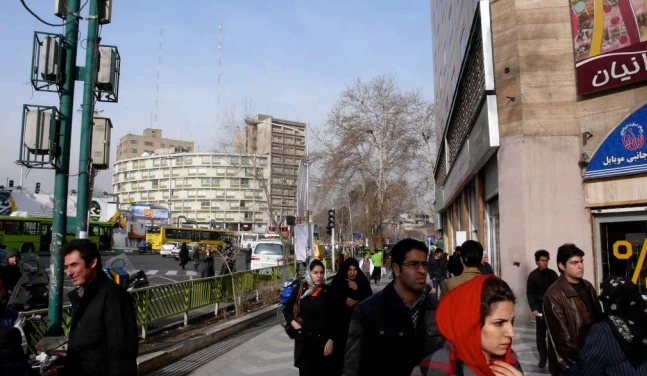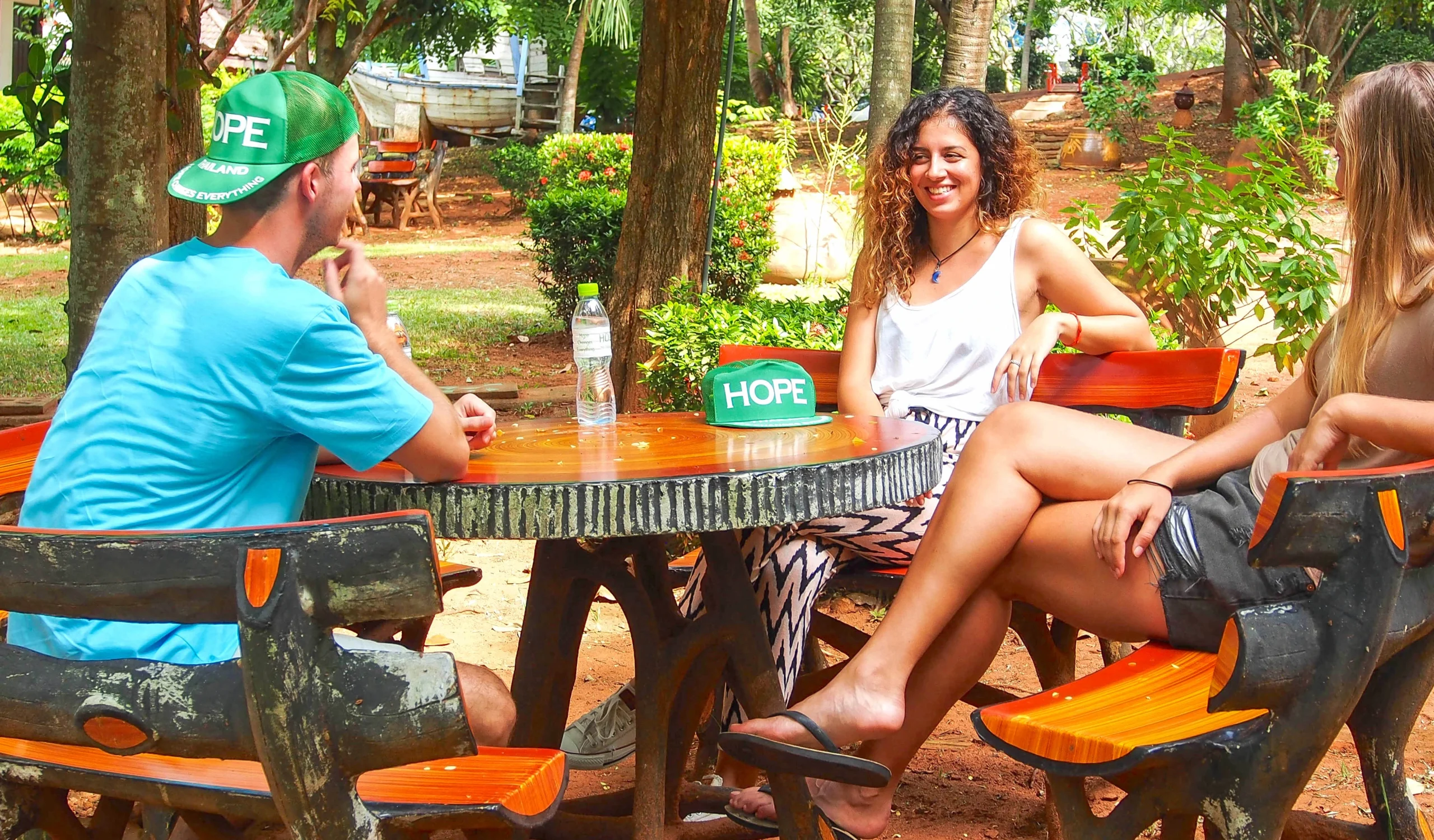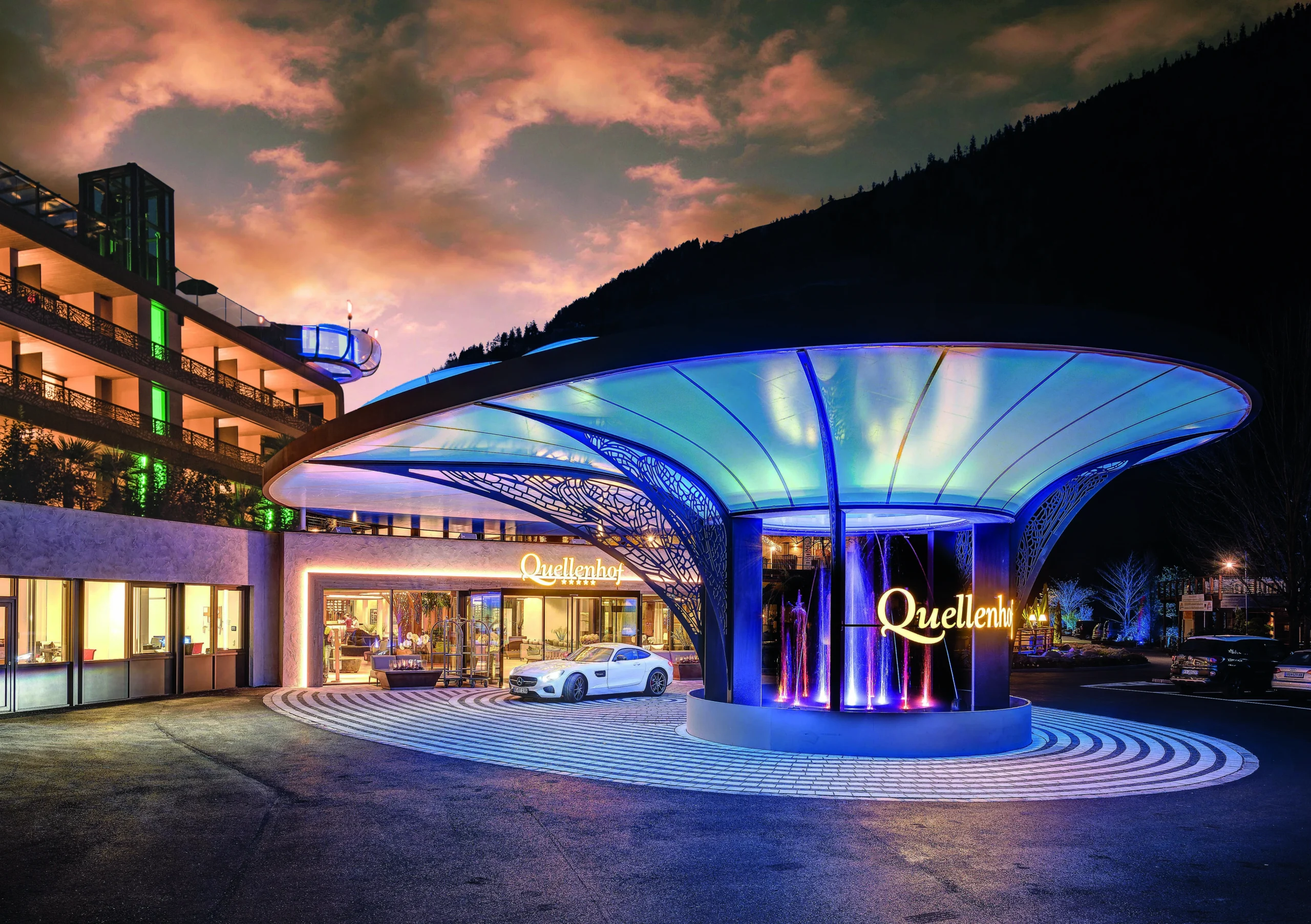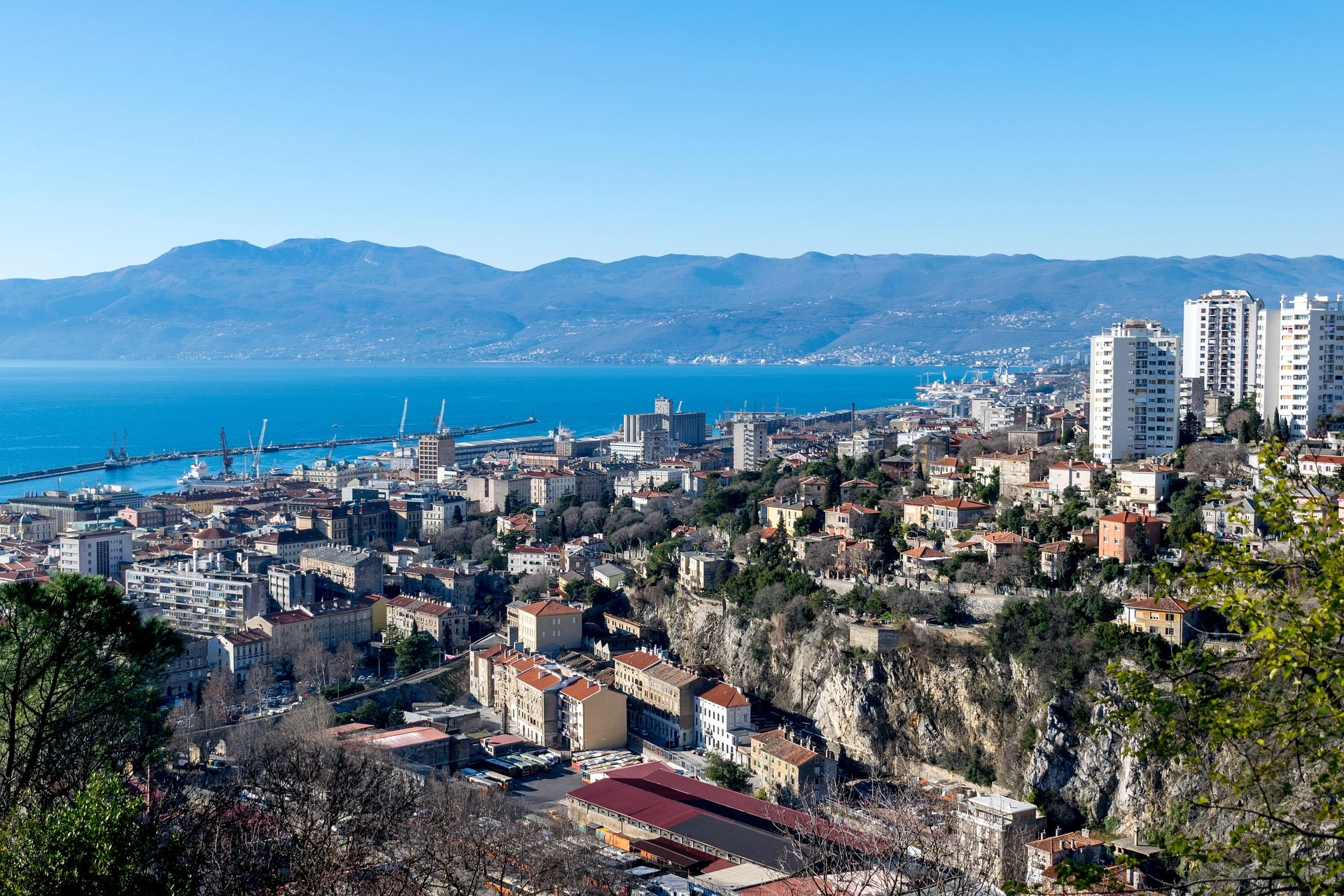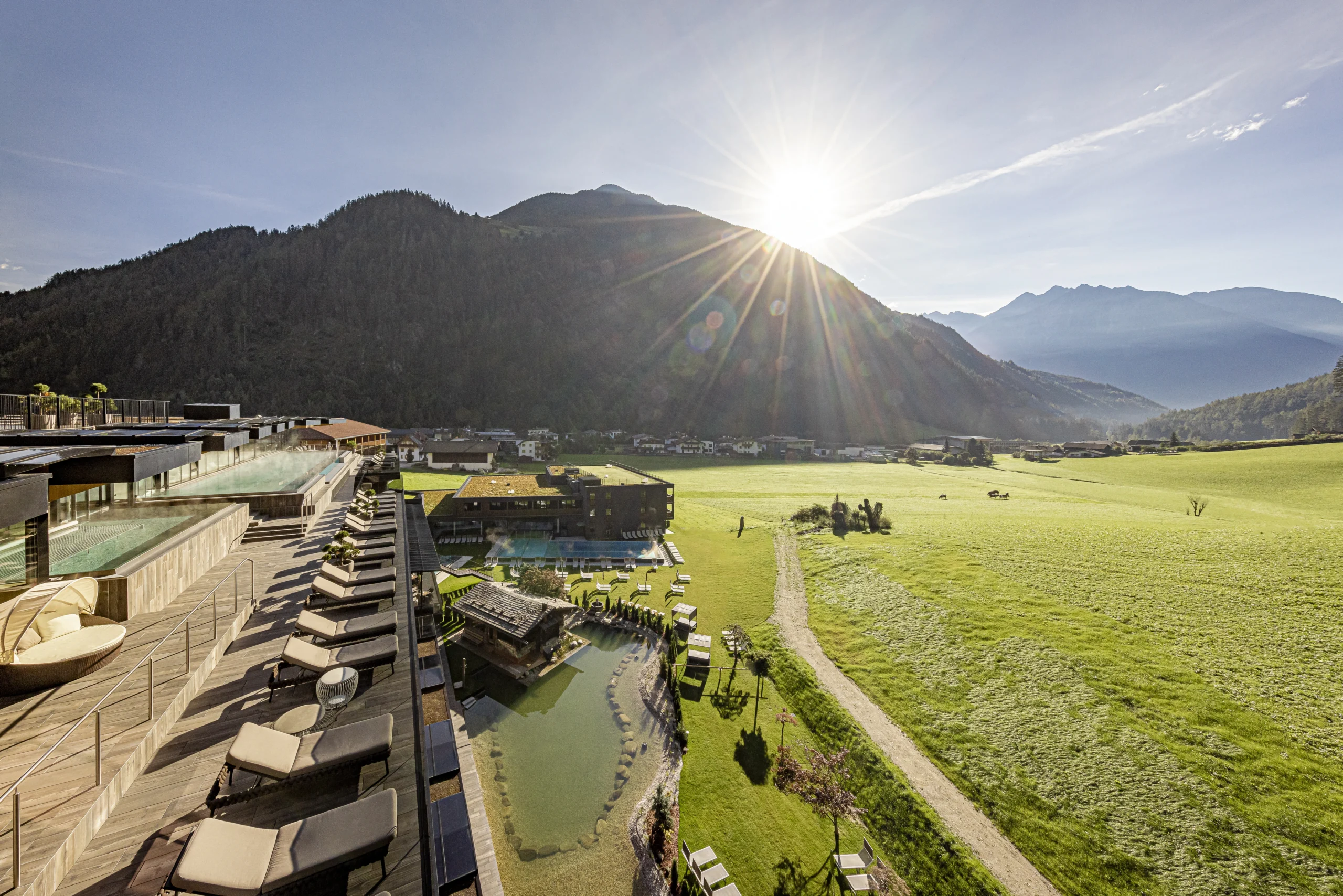Business events are back on the agenda

John E. Kaye
- Published
- Business Travel, Home
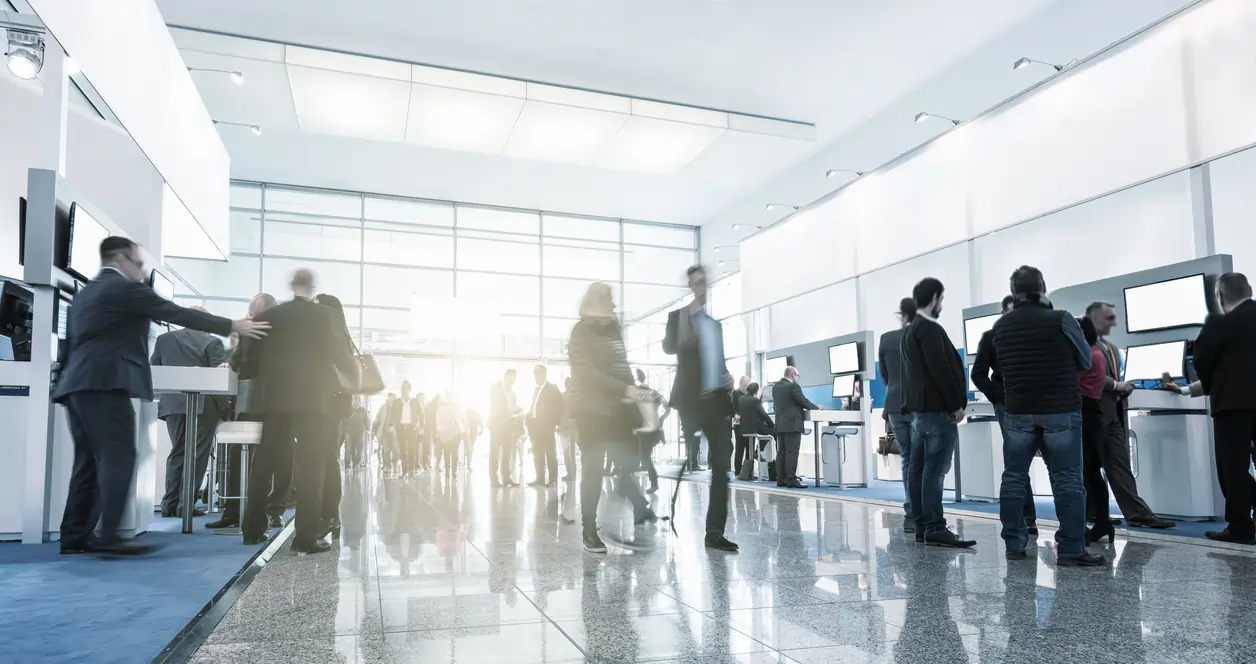
Having taken a hit from the global pandemic, Finbarr Toesland learns that the meetings industry is back on its feet and innovating more than ever
As pandemic-related lockdowns finally become a thing of the past across most of the world, global travel is beginning to pick up again as restrictions subside. Confidence is returning and business-people who have been attending virtual meetings for the past two years are getting back on the road and travelling to meet clients or attend the latest in-person conference.
Event management firms, hotels and conference providers have been hard at work since the pandemic began, and are supporting the return of corporate travel, with a range of novel solutions and innovations being embraced for the return of in-person events.
For Annette Gregg, Chief Revenue Officer at Meeting Professionals International (MPI), the largest meeting planner and event planner industry association in the world, the Meetings, Incentives, Conferences, and Exhibitions (MICE) sector is “absolutely” undergoing a rebound as the pandemic wanes in many nations and travel restrictions are removed. “Flight volume and hotel occupancy are pacing very high due to both leisure travel and group bookings. In our recent Meetings Outlook survey 90% of our meeting professionals that responded anticipate favourable business conditions in the next 12 months,” she explains.
A survey of executives with oversight of business travel spending strategy by Deloitte in August 2021 found that the majority (54%) believe that by Q4 of 2022 travel spend will have returned to 2019 levels. However, plans to lower carbon emissions and keep costs under control will dampen this return.
Overcoming Covid challenges
But there remains clear challenges that need to be addressed before the industry is fully back to pre Covid levels. Everything from rising inflation to supply chain issues and labour shortages can impact both the success of business meetings and conferences. In the context of looming recessions in many countries across the world, so cutting back on non-essential business travel may be on the agenda for companies looking to save money.
“High travel costs due to oil prices and hotel rates can be a deterrent to business meetings. Our industry is also experiencing dire labour challenges, resulting in cancelled flights, poor service delivery and capacity issues,” says Gregg.
As business travel begins to increase, the industry will not look exactly the same as it did before Covid, with both venues, business centres and travellers themselves adapting to the new normal.

Gregg sees the pandemic having led to fundamental changes in a broad range of areas. “With people just getting accustomed to being face to face again, learning styles have changed with shortened attention spans. The commitment to cleanliness will remain a staple since the virus continues to surge at various levels and locations.”
“The labour shortage will affect the level of service at facilities as well as the availability of travel. And we’ll see later decisions to travel and attend meetings as participants want to ensure safety and ROI,” she says.
The presence of hybrid events may become even more commonplace in the near future as venues and businesses simply do not have the labour force that is required to offer high levels of service, as well as supply chain problems limiting the essential products that venues can purchase.
Hybrid events offer a happy medium where those who want to travel are able to attend in-person but those people who, for whatever reason, want to stay at home are also able to experience the meeting or conference.
In the experience of Antonella Laveglia, Director of Rome-based DMC Europe Event Solutions, finding the right balance between removing all Covid-related restrictions and remaining vigilant is the best approach. “We went from too many restrictions to no restrictions at all and an overwhelming amount of requests with suppliers unable to handle them – 2022 has been a bit crazy that way,” she adds.
After sitting behind a computer screen for most of the past two years, Laveglia thinks people are now rushing back to life. “Nobody wants to hear about virtual, everybody wants to meet live. Still, I think in the long run there will be more virtual than there was before Covid.”

As a destination management company, DMC Europe Event Solutions is now well equipped to handle hybrid events, which Laveglia says are becoming increasingly popular. Th e Future of Business Travel Post-Covid report by Deloitte finds that while some types of meetings, such as internal meetings or training content, are well-suited to shift ing online, others can not be effectively replaced by adding a digital element.
In industries where strong client relationships are important, face-to-face meetings and contact remain essential. Networking, too, at industry conferences is simply not the same on virtual platforms, where spontaneous meetings are difficult to recreate. High-value client projects also benefit from face-to-face support and will likely remain important for the foreseeable future.
Research from consultancy McKinsey identifies SMEs as being some of the first organisations to fully embrace the return of corporate travel, due to the less burdensome approval process for travel compared to larger firms. The speed of return to business travel will also differ depending on the type of industry a business operates in and if virtual meetings can easily replicate the in-person experience.
Innovation focused
As the transition continues from extremely strict travel restrictions and social distancing guidelines to a more pragmatic approach that takes into consideration the changing risk presented from Covid, conference firms and venues have introduced a number of solutions to ensure travellers feel as comfortable and safe as possible.
Practical enhancements like introducing contactless and remote registration, to incorporating advanced air filtration systems for ventilation to reduce the spread of Covid, are some of the new additions that have been used to not only improve attendee safety but also to make visitors more comfortable.
"Zoom fatigue can become a real problem, leading to burn out"
By moving as much non-essential activities online or to non-human solutions, such as cleaning robots, infection risks can be reduced at the same time as keeping the attendee experience as seamless as possible. Site tours and inspections can be moved online before events and automated cleaning solutions can be used to disinfect services between meetings or presentations.
Long-standing issues
Even before Covid, there were clear challenges in effectively managing thousands of guests going between presentations, workshops and meetings. The advent of Covid exacerbated these issues, with many venues now receiving support from a number of partners to get them fully prepared for the return of major events.
“The motivation for a return of in-person events has seen unprecedented levels of collaboration between government, industry and MICE market participants. Many destinations have offered direct financial subsidies for events,” says Rod Kamleshwaran, Partner GainingEdge, a consulting firm advising the convention & exhibition industry.
Innovations around digital events that offer a more immersive attendee experience, such as the rise of metaverse worlds and VR content, is another factor that will drive hybrid and virtual events. Yet, even with major advancements being made in the digital space, it’s no replacement for face-to-face contact.
During the initial months of the pandemic, Zoom fatigue from attending virtual meetings became a real problem and led to burnt out staff. Striking the right balance between in-person and digital meetings is no easy feat but it will help ensure attendees get the most out of the meetings and events they decide to go to.
Kamleshwaran expects the role played by technology to only increase, especially as venues around the world have embraced digitalisation and flexibility. “Technology will be central to every interaction – from marketing and selling to planning and hosting the event. Venues will be expected to offer the option for virtual and hybrid events with enhanced technology infrastructure and flexible rooms.”
In the future, it may be the case that venues are able to differentiate themselves based on the level of technology and digital infrastructure that they are able to provide to clients. There is no questions that a recovery in the MICE sector will take some time and is reliant on people feeling confident in travelling globally again.
According to Kamleshwaran, the resumption of MICE activities across the world will be uneven and markets like the USA and China will be some of the first to achieve a comprehensive recovery. But he also sees resourcing challenges and ongoing uncertainty adding to the barriers slowing down an improvement.
“The pandemic has changed the MICE sector in many ways. Demonstrating a value proposition from an event has become more essential. In-person events, especially those with long haul travel face more scrutiny,” Kamleshwaran says.
While it’s not possible to predict the future and forecast how long it will take for a full recovery for MICE, due to the potential for new Covid variants to appear and financial pressures to worsen; many believe the worst is behind the industry. With vaccines now being widely available, most countries have made, or are making, the transition to living with Covid and business travel is expected to soon return to its pre pandemic levels.
RECENT ARTICLES
-
 These European hotels have just been named Five-Star in Forbes Travel Guide’s 2026 awards
These European hotels have just been named Five-Star in Forbes Travel Guide’s 2026 awards -
 Wingsuit skydivers blast through world’s tallest hotel at 124mph in Dubai stunt
Wingsuit skydivers blast through world’s tallest hotel at 124mph in Dubai stunt -
 Royal Ascot leads the field in sport and style
Royal Ascot leads the field in sport and style -
 Slovenia launches digital nomad visa for non-EU remote workers
Slovenia launches digital nomad visa for non-EU remote workers -
 Charting confidence at sea with the St. Kitts & Nevis Ship Registry
Charting confidence at sea with the St. Kitts & Nevis Ship Registry -
 Luxury travel market set to more than double by 2035 as older, wealthier travellers drive demand
Luxury travel market set to more than double by 2035 as older, wealthier travellers drive demand -
 Countdown to Davos 2026 as Switzerland gears up for the most heated talks in years
Countdown to Davos 2026 as Switzerland gears up for the most heated talks in years -
 Prague positions itself as Central Europe’s rising MICE powerhouse
Prague positions itself as Central Europe’s rising MICE powerhouse -
 Bleisure boom turning Gen Z work travel into ‘life upgrade’
Bleisure boom turning Gen Z work travel into ‘life upgrade’ -
 Europe’s property market shows fragile recovery as EXPO REAL survey highlights housing demand and policy strain
Europe’s property market shows fragile recovery as EXPO REAL survey highlights housing demand and policy strain -
 Inside London’s £1bn super-hotel with £20k penthouses, private butlers and a gilded eagle
Inside London’s £1bn super-hotel with £20k penthouses, private butlers and a gilded eagle -
 The five superyacht shows that matter most
The five superyacht shows that matter most -
 A world in gold: Andersen Genève launches the Communication 45
A world in gold: Andersen Genève launches the Communication 45 -
 Uber plots Channel Tunnel disruption with app-bookable high-speed trains
Uber plots Channel Tunnel disruption with app-bookable high-speed trains -
 Game, set...wax. Billie Jean King statue unveiled in New York
Game, set...wax. Billie Jean King statue unveiled in New York -
 How a tiny Black Forest village became a global watchmaking powerhouse
How a tiny Black Forest village became a global watchmaking powerhouse -
 Memories of Tehran, a city of contrasts
Memories of Tehran, a city of contrasts -
 Addiction rehab and recovery at Hope Thailand
Addiction rehab and recovery at Hope Thailand -
 Capital gains: inside Kinshasa’s flagship five-star hotel
Capital gains: inside Kinshasa’s flagship five-star hotel -
 This under-the-radar spot is Europe’s best late summer escape
This under-the-radar spot is Europe’s best late summer escape -
 Why Madeira is Europe’s ultimate island retreat
Why Madeira is Europe’s ultimate island retreat -
 Three resorts, three generations, and one extraordinary family legacy
Three resorts, three generations, and one extraordinary family legacy -
 Wellness with a view at Cape of Senses
Wellness with a view at Cape of Senses -
 Travel across five European countries by train in under one day
Travel across five European countries by train in under one day -
 Spring into Ahrntal – the best-kept secret of the Italian Alps
Spring into Ahrntal – the best-kept secret of the Italian Alps




